 |
World War I Maps and Pictures |
|---|
| www.studenthandouts.com > World History > World War I > World War I Maps and Pictures |
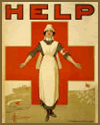 |
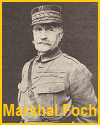 |
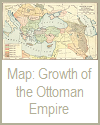 |
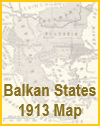 |
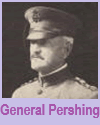 |
||||||
| Red Cross Nurse Poster | Marshal Foch | Ottoman Turkish Empire | Balkan States, 1913 | General Pershing |
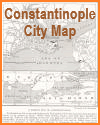 |
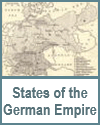 |
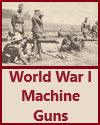 |
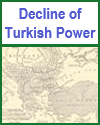 |
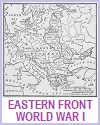 |
||||||
| Constantinople City Map | German Empire | Machine Guns | Decline of Turkish Power | Eastern or Russian Front |
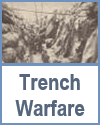 |
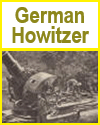 |
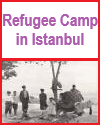 |
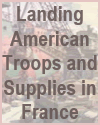 |
 |
||||||
| Trench Warfare in France | Long-range German Howitzer | Refugee Camp in Istanbul (1922) | Landing U.S. Supplies in France | Hanging Railway |
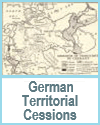 |
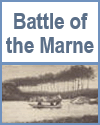 |
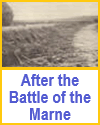 |
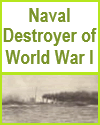 |
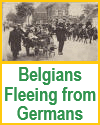 |
||||||
| German Territorial Cessions | Battle of the Marne | After the Battle of the Marne | Naval Destroyer of World War I | Belgians Fleeing |
 |
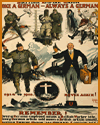 |
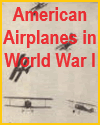 |
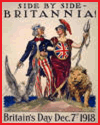 |
 |
||||||
| Belgian Farm | British Empire Union Poster | American Airplanes | Britain's Day, Dec. 7, 1918 | Cooking and Washing in a Refugee Camp |
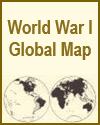 |
 |
 |
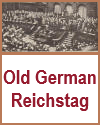 |
 |
||||||
| World War I Global Map | WWI Army Tank | German U-Boat | German Reichstag | Battle of Verdun |
 |
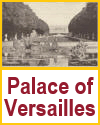 |
 |
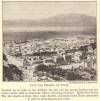 |
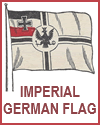 |
||||||
| Western Front | Palace of Versailles | Reconstruction in Belgium | Fiume or Rijeka | German Flag, circa 1900 |
 |
 |
 |
 |
|||||||
| Czechoslovakian Parliament in Prague | British Dreadnought | Paris Chamber of Deputies | Romanian Church | Devastated Village near Belleau Wood |
 |
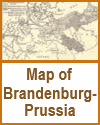 |
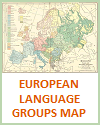 |
||||||||
| Bucharest Street Festival | Brandenburg-Prussia | Map of European Language Groups |
| World War I Books and Films | World War I Outlines and PowerPoints |
| World War I Study Games | World War I Maps and Pictures |
| World War I Miscellany | World War I Worksheets |
| www.studenthandouts.com > World History > World War I > World War I Maps and Pictures |






